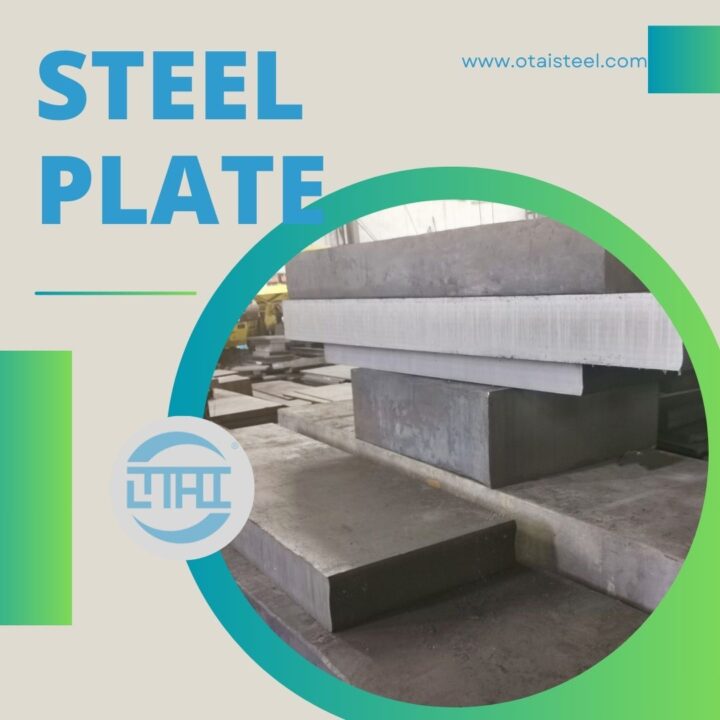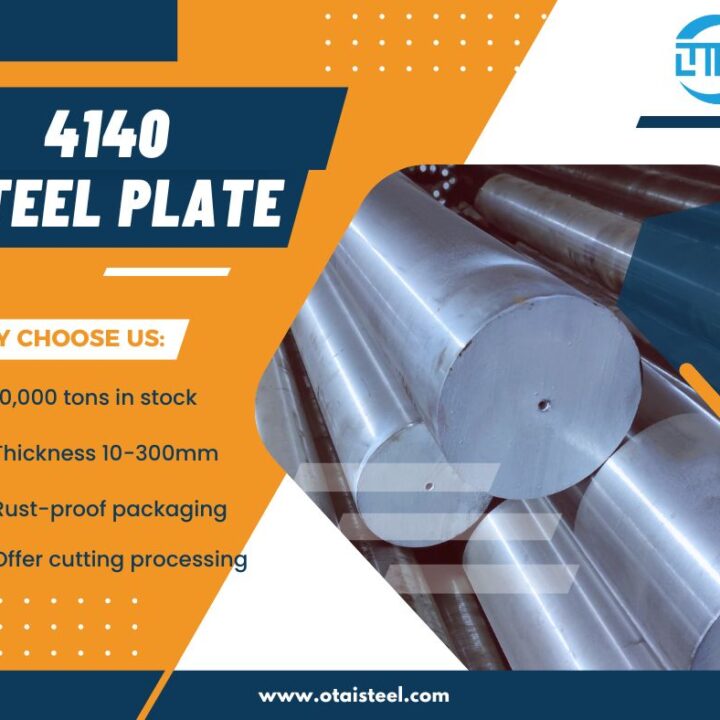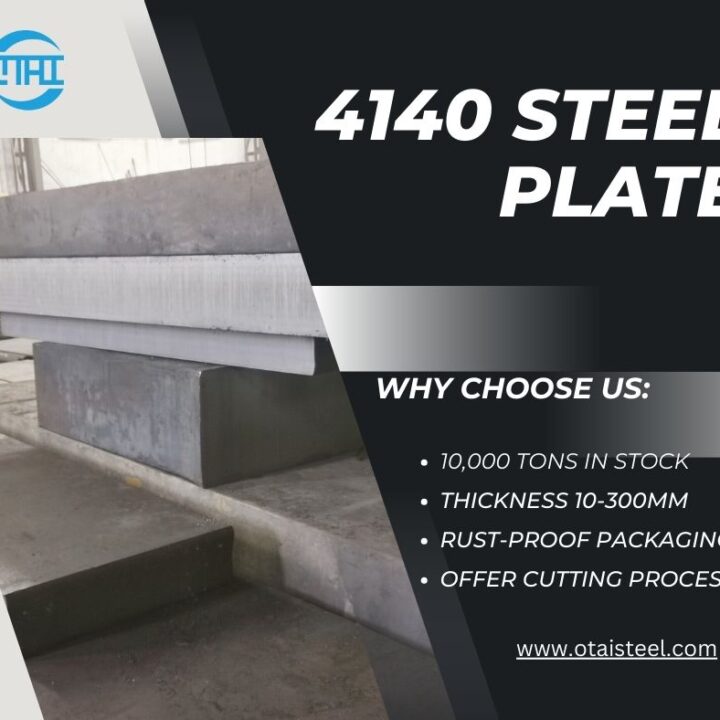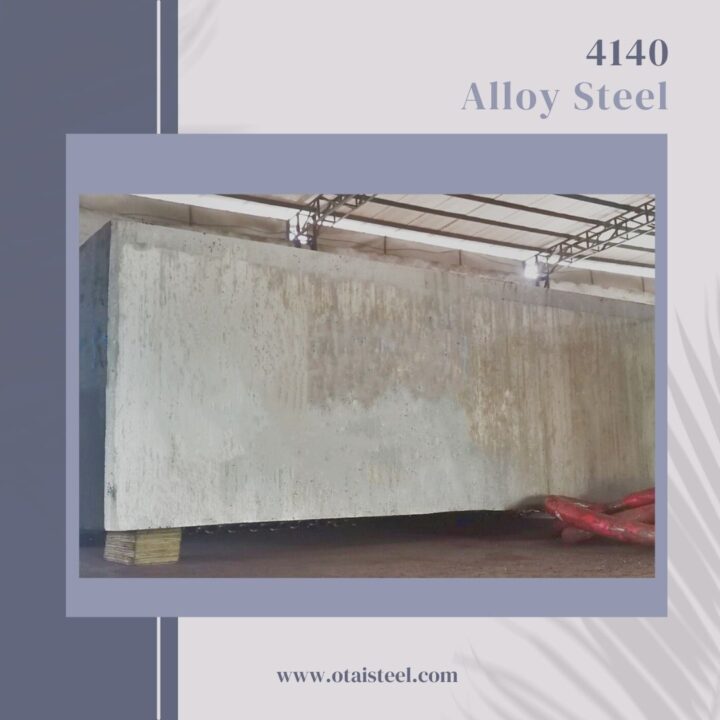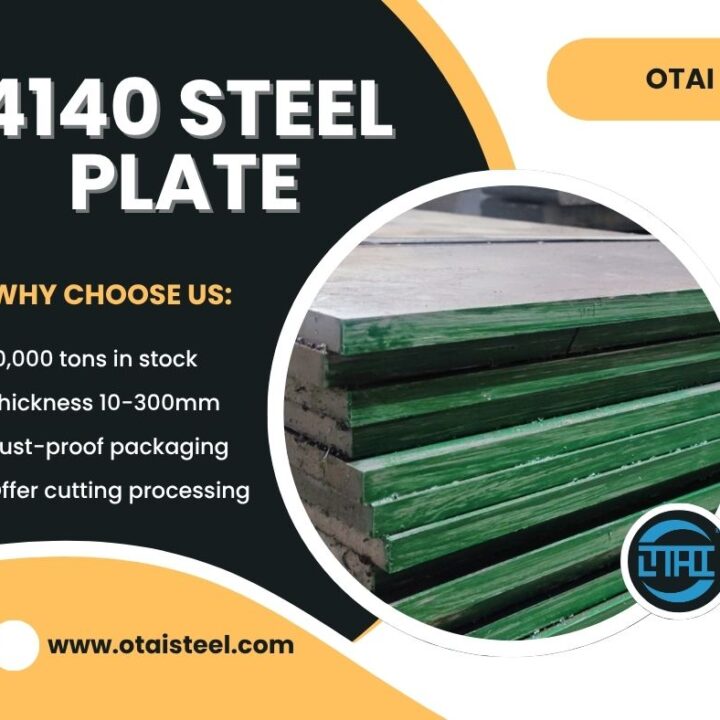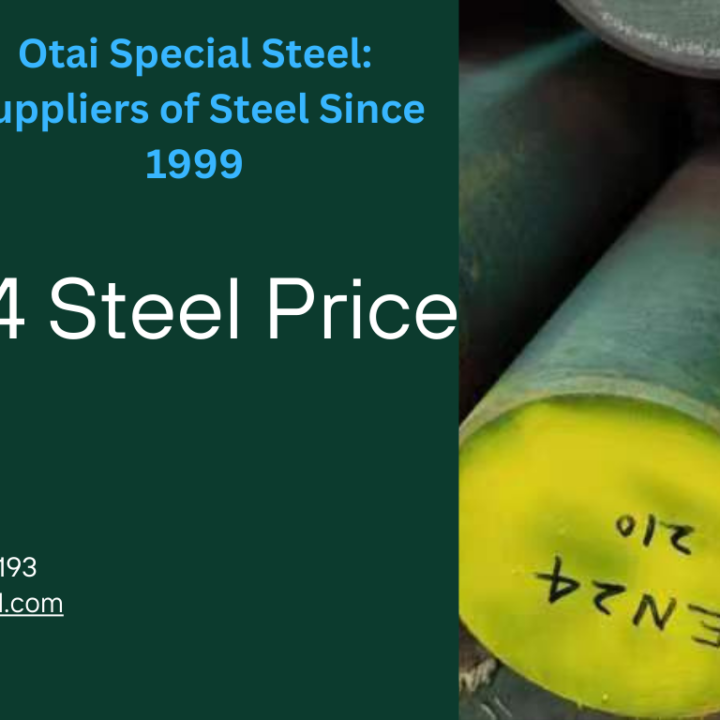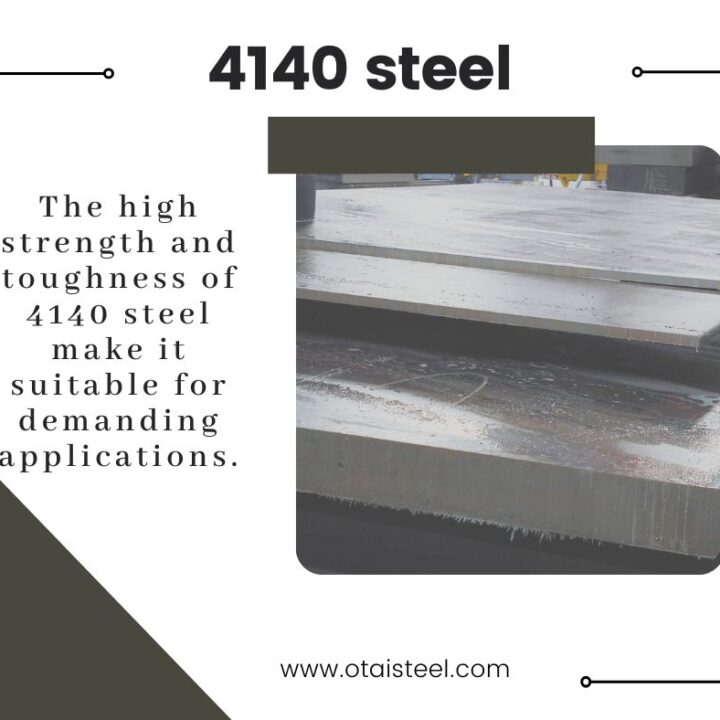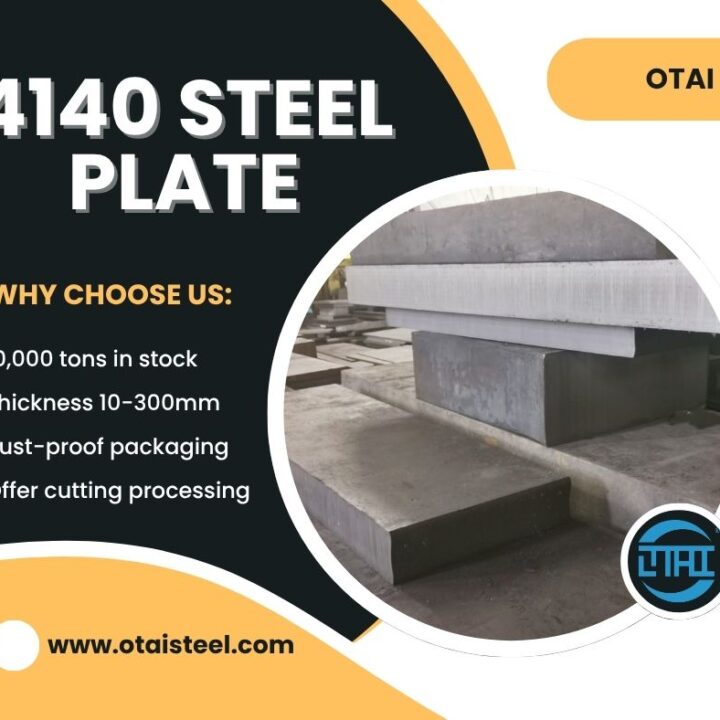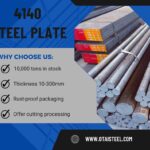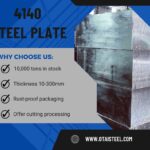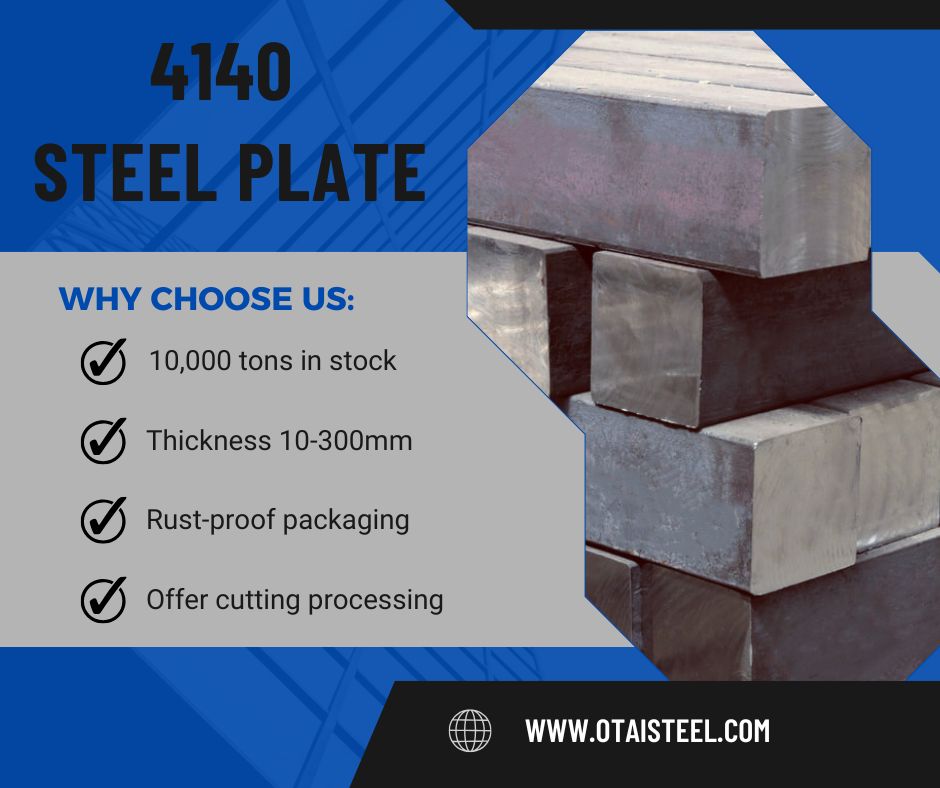
If you’re working on high-strength components like shafts, gears, or drill collars, you’ve probably heard of 4140 steel alloy. Known for its excellent strength-to-weight ratio and outstanding toughness, this chromium-molybdenum alloy is one of the most popular choices in the automotive, oil & gas, and heavy equipment industries.
🔬 What is 4140 Steel Alloy?
Chromium, molybdenum, and carbon combine in 4140 low-alloy steel to deliver high strength, toughness, and wear resistance. We supply it annealed for easy machining, then quench and temper on demand to push hardness and tensile strength even higher.
Engineers choose 4140 as their workhorse material because it performs reliably under extreme stress.
🧪 4140 Steel Alloy Composition
The performance of 4140 steel is directly related to its chemical composition. Here’s a breakdown:
| Element | Content (%) | Contribution |
|---|---|---|
| Carbon (C) | 0.38 – 0.43 | Increases hardness and strength |
| Chromium (Cr) | 0.80 – 1.10 | Improves hardenability and corrosion resistance |
| Molybdenum (Mo) | 0.15 – 0.25 | Enhances toughness and high-temperature strength |
| Manganese (Mn) | 0.75 – 1.00 | Boosts tensile strength and hardenability |
| Silicon (Si) | 0.15 – 0.35 | Improves strength and elasticity |
| Phosphorus (P) | ≤ 0.035 | Must be kept low to avoid brittleness |
| Sulfur (S) | ≤ 0.040 | Improves machinability |
This composition makes it highly responsive to heat treatment, which is why it’s often chosen for parts requiring precision and performance.
💪 4140 Steel Alloy Mechanical Properties
In the annealed condition, 4140 steel is relatively soft and easy to machine. Once heat treated, its strength and hardness increase dramatically.
| Property | Annealed Condition | Quenched & Tempered |
|---|---|---|
| Tensile Strength | ~655 MPa | Up to 1080 MPa |
| Yield Strength | ~415 MPa | Up to 950 MPa |
| Hardness (HB/HRC) | ~197 HB | 28 – 32 HRC (can exceed 50 HRC after special tempering) |
| Elongation | ~25% | ~12% |
| Impact Strength | High | Very High |
These numbers show why 4140 is so trusted in critical applications—its yield strength and toughness make it ideal for parts under high loads.
🔥 4140 Steel Alloy Heat Treatment
One of the biggest advantages of 4140 is that you can tailor its properties through heat treatment.
-
Annealing – Heated to 800–850°C then slowly cooled to improve machinability.
-
Quenching & Tempering – Produces hardness up to 32–38 HRC, increasing fatigue resistance.
-
Nitriding – Provides a hard, wear-resistant surface (55–60 HRC) while keeping the core tough.
-
Stress Relieving – Removes internal stress after machining or welding, reducing distortion.
This flexibility allows engineers to design components that meet specific performance requirements.
🛠️ Machinability and Workability
The machinability of 4140 steel alloy is rated at about 65% compared to 1112 free-machining steel. Here are some tips:
-
Use sharp carbide tools for longer tool life.
-
Apply cutting fluid to reduce heat buildup.
-
Perform most machining in the annealed state; finish machining after heat treatment may require slower speeds.
4140 is also weldable with proper precautions—preheat to 200–300°C and apply post-weld stress relief to prevent cracking.
🏗️ 4140 Steel Alloy Applications
Because of its strength, toughness, and wear resistance, 4140 alloy is used in a wide range of industries:
| Industry | Typical Applications |
|---|---|
| Automotive | Crankshafts, axle shafts, steering components |
| Oil & Gas | Drill collars, tool joints, subs, couplings |
| Manufacturing | Shafts, gears, bolts, spindles |
| Construction | Heavy-duty pins, couplers, brackets |
| Aerospace | High-strength structural components |
Its ability to resist fatigue and impact makes it an excellent choice for dynamic load-bearing parts.
📊 4140 Steel Alloy vs 4340 Steel
A common comparison is between 4140 steel alloy vs 4340 steel.
| Property | 4140 Steel Alloy | 4340 Steel Alloy |
|---|---|---|
| Carbon Content | 0.38–0.43% | 0.38–0.43% |
| Nickel Content | ~0% | 1.65–2.00% |
| Hardness (HRC) | Up to 32–38 | Can reach 40+ |
| Toughness | Excellent | Superior |
| Cost | Lower | Higher |
4340 is tougher due to its nickel content, but 4140 is more cost-effective and widely available.
🌟 Why Choose Otai Special Steel?
At Otai Special Steel, we stock more than 10,000 tons of 4140 steel alloy in plates and bars ranging from 6mm to 300mm thickness. Our advantages include:
-
✅ Strict Quality Control – UT testing, chemical analysis, and third-party inspection available
-
✅ Value-Added Services – Cutting, heat treatment, packaging
-
✅ Competitive Pricing – Factory-direct supply lowers procurement cost
-
✅ Fast Delivery – Large inventory ready for shipment
-
✅ Trusted by Industry Leaders – Long-term supplier for global brands like Thyssenkrupp and Schlumberger
❓ FAQ
Q1: Can 4140 steel alloy be hardened?
A: Yes, it can be quenched and tempered to achieve hardness between 28–38 HRC, and nitriding can push surface hardness to 55–60 HRC.
Q2: Is 4140 steel alloy weldable?
A: Yes, but preheating and post-weld stress relief are recommended.
Q3: How does 4140 compare to carbon steel?
A: It offers much higher tensile and yield strength, better wear resistance, and longer service life.
Q4: What is the machinability of 4140?
A: Around 65% compared to free-machining steels, best machined in the annealed state.
Q5: Is 4140 suitable for high-temperature service?
A: Yes, its molybdenum content provides good high-temperature strength and resistance to softening.

